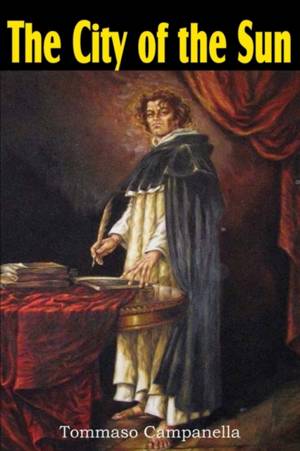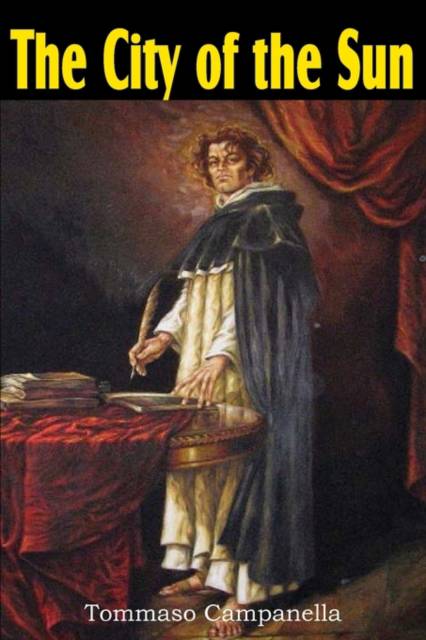
- Afhalen na 1 uur in een winkel met voorraad
- Gratis thuislevering in België vanaf € 30
- Ruim aanbod met 7 miljoen producten
- Afhalen na 1 uur in een winkel met voorraad
- Gratis thuislevering in België vanaf € 30
- Ruim aanbod met 7 miljoen producten
Zoeken
Omschrijving
The City of the Sun by Tomaso Campanella, is located on an island in the Indian Ocean. This is one of the most important utopias, and may have influenced Bacon's New Atlantis. The City of the Sun was originally written in Italian in 1602, just after he was condemned to life imprisonment for sedition and heresy. It was later revised and a Latin version was written in 1613-14. The first printed edition in Latin was issued at Frankfurt in 1623. Campanella's heterodox views, especially his opposition to the authority of Aristotle, brought him into conflict with the ecclesiastical authorities. Denounced to the Inquisition he was confined in a convent for five years. Later he was accused of leading a conspiracy against the Spanish rule in his hometown of Stilo, was captured and incarcerated in Naples, where he was tortured on the rack. Campanella spent twenty-seven years imprisoned in Naples. During his detention, he wrote his most important works: The Monarchy of Spain, Political Aphorisms, Atheism Conquered, Quod reminiscetur, Metaphysica), Theologia, and his most famous work, The City of the Sun. Campanella was finally released from his prison in 1626, through Pope Urban VIII, who personally interceded on his behalf with Philip IV of Spain.
Specificaties
Betrokkenen
- Auteur(s):
- Uitgeverij:
Inhoud
- Aantal bladzijden:
- 48
- Taal:
- Engels
Eigenschappen
- Productcode (EAN):
- 9781612031125
- Verschijningsdatum:
- 1/02/2011
- Uitvoering:
- Paperback
- Formaat:
- Trade paperback (VS)
- Afmetingen:
- 152 mm x 229 mm
- Gewicht:
- 77 g

Alleen bij Standaard Boekhandel
+ 36 punten op je klantenkaart van Standaard Boekhandel
Beoordelingen
We publiceren alleen reviews die voldoen aan de voorwaarden voor reviews. Bekijk onze voorwaarden voor reviews.








